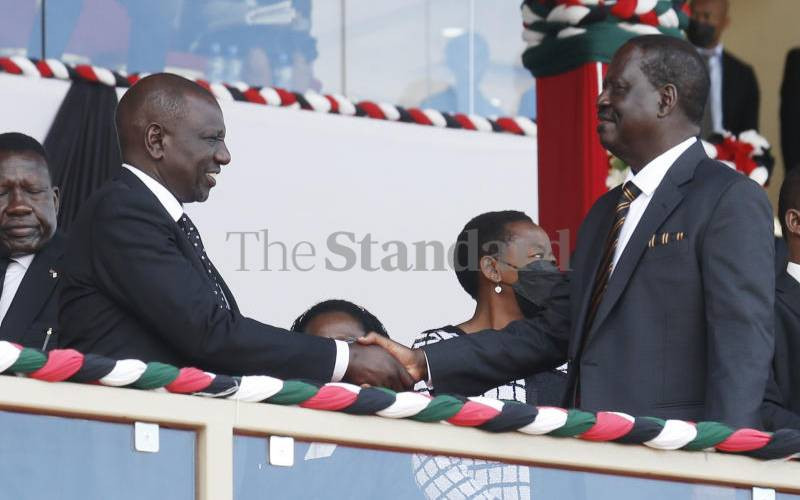×
The Standard e-Paper
Kenya’s Boldest Voice

No one expected that the Kenya Kwanza regime would inherit a bed of roses, least of all President William Ruto.
Having shared executive power for a decade, he was party to and conversant with the economic crisis facing the country. It was befitting then that he should be given the task to turn things around and steer the country in a more stable direction.